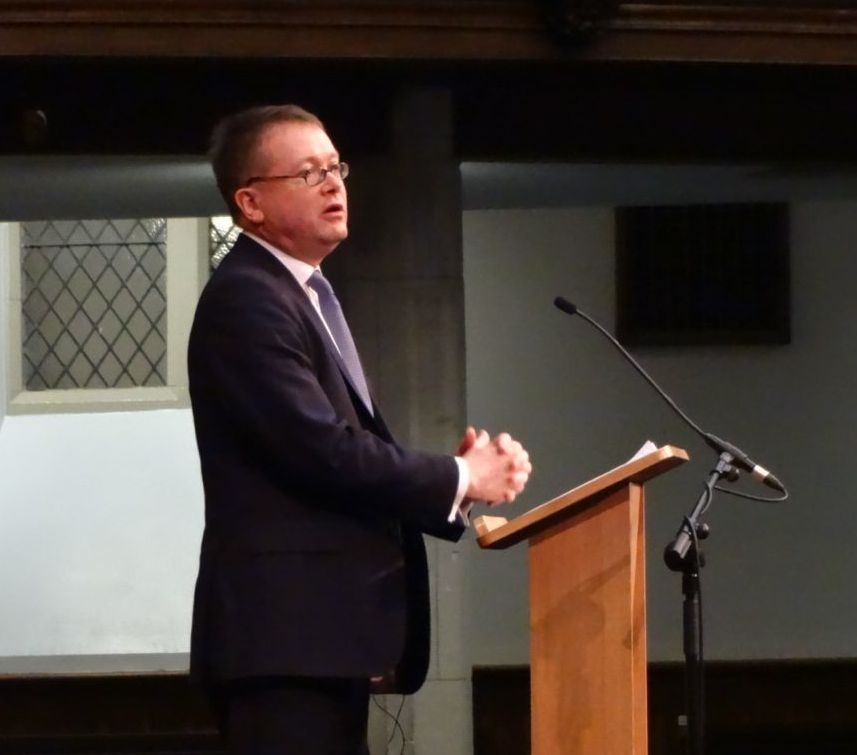The Legal Implications of Brexit: mechanics, criminal repercussions, and perhaps enhanced protection of rights #EUDebateNI
Lawyers from across Ireland gathered in Belfast for a conference examining the Legal Implications of Brexit. The complexities of unpicking the UK from the EU were unearthed and discussed, including smuggling, extradition, and the impact on human rights protects. (The Attorney General reckons that Brexit would enhance the protection of fundamental rights and freedoms.)


